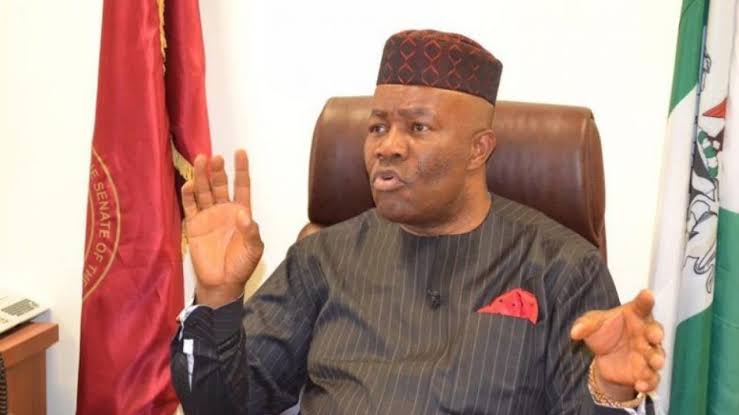President Bola Tinubu has officially signed into law the 2023 Supplementary Budget, which amounts to N2.17 trillion. The National Assembly recently passed this supplementary appropriation act.
The signing ceremony took place at the Presidential Villa in Abuja and was attended by prominent figures, including the President of the Senate, Senator Godswill Akpabio, and the Speaker of the House of Representatives, Tajudeen Abass. Also present were the Secretary to the Government of the Federation (SGF), Senator George Akume; Minister of Budget and Economic Planning, Atiku Bagudu; and Chairman of the Federal Inland Revenue Services (FIRS), Zacch Adedeji. Senators Opeyemi Bamidele and Olamilakan Adeola, Senate Leader and Chairman of the Senate Committee on Finance, respectively, also attended the event.










.jpeg)
.jpeg)
.jpeg)
.jpeg)
.jpeg)
.jpeg)
.jpeg)
.jpeg)
.jpeg)
.jpeg)
.jpeg)
.jpeg)
.jpeg)
.jpeg)
.jpeg)
.jpeg)
.jpeg)
.jpeg)
.jpeg)
.jpeg)
.jpeg)
.jpeg)
.jpeg)
.jpeg)


.jpeg)
.jpeg)
.jpeg)
.jpeg)
.jpeg)
.jpeg)
.jpeg)
.jpeg)


.jpeg)
.jpeg)





